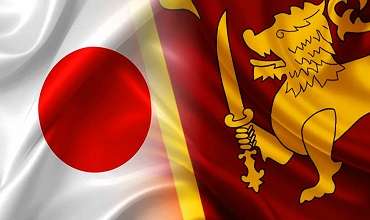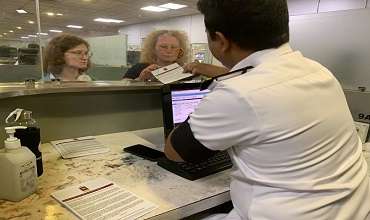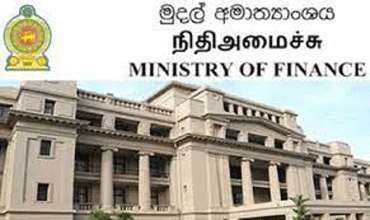Pharma chamber say shortage of medicines inevitable owing to dollar crisis
Imports of pharmaceuticals and drugs are done on the availability of foreign currency and not on the needs of the country or its patients. “In this situation, it is inevitable that there will be shortages of more and more medicines as the foreign exchange crisis deepens,” said the Sri Lanka Chamber of the Pharmaceutical Industry (SLCPI) in a statement on Thursday addressing this key issue.
It said that in the context of rising prices of all consumer products and the limited availability of most, the people of Sri Lanka, are faced with two questions about which they are justifiably anxious: (1) Will there be a scarcity of medicines in the near future in the country and if so, should they be stocking up their regular medications? (2) Will the price of medicines go up in conjunction with all the other products in the market?
It conceded that there are shortages of some medicines at present due to many reasons but the foremost of these is the foreign currency crisis in the country which makes it difficult for banks to facilitate the payments through Letters of credit (LCs).
“At present, banks, both state and private sector, allows pharma importers to open LCs only when they have sufficient dollars to safely guarantee payment for the imports. Although medicines are given certain priority, there are other items such as essential food items, petroleum products, fertiliser etc that have to be given priority as well by the Government. The result is that importing of medicines is now done on the availability of foreign currency and not on the needs of the country or its patients. In this situation, it is inevitable that there will be shortages of more and more medicines as the foreign exchange crisis deepens,” the statement added.
The chamber said that as for stocking medicines in excess of usual treatment regime by patients, it is not advisable to do so for long periods since these products have to be stored under strict conditions specified by the manufacturers. It is doubtful whether such conditions can be maintained in an average household. In addition, bulk or panic buying by the affluent may deprive the less able segment of the population access to medicines they require for a healthy life.
On pricing, the chamber said at the moment, medicines are the only commodity in the market that is under price control in Sri Lanka. This is making it nearly impossible for the companies to keep selling the medicines at the same price when the US Dollar continues to appreciate over time. On top of this, the global supply chain disruptions, increase in raw material costs and freight make it impossible to supply quality medicine as anyone would understand, it said.
It will be also catastrophic in the event if the dollar is allowed to float, which will mean that all medicines will have to be sold at a loss and as such, the entire industry will collapse in the face of such a threat where the importation would obviously stop as the cost of importation will be higher than the approved prices, it said.
"There is no solution to this dilemma than removing the price control of medicines and implement a fair and equitable pricing mechanism which will link the price of medicines to the dollar, inflation and direct costs such as raw material, fuel and freight charges, which will make the importing and marketing of medicines viable. As difficult as it may sound, the authorities will have to choose between having medicines at a cost and not having medicines at all,” the statement said.
-
Still No Comments Posted.













Leave Comments